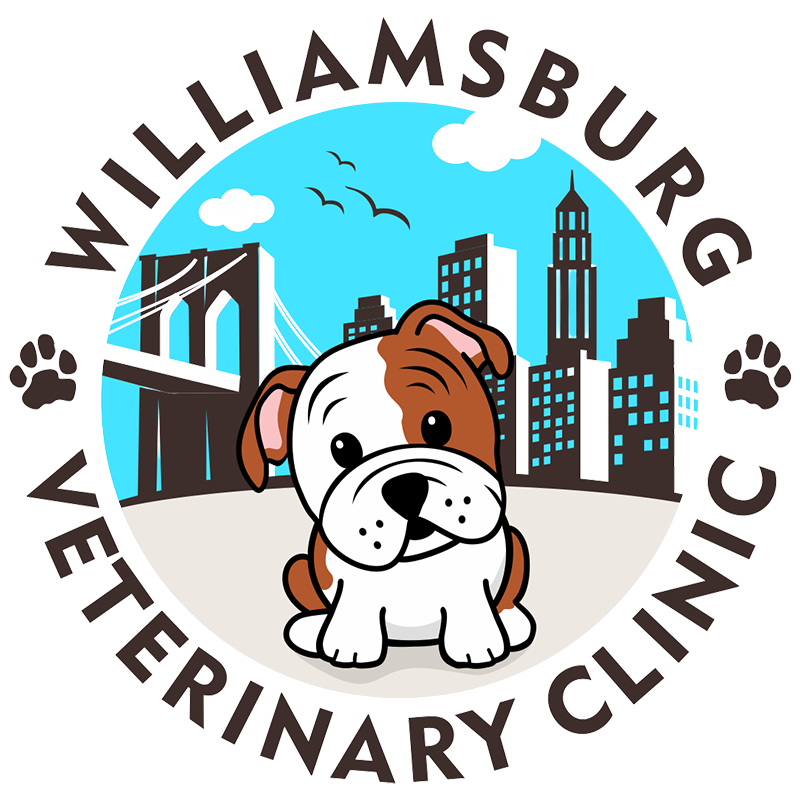What Should I Feed My Cat
What Should I Feed My Cat?
What Should I Feed My Cat?
Nutritional facts must be provided on pet food labels, but it is important to know that the label is also an important promotional tool to attract pet owners. This means that much of the information provided — including the ingredients list– is of little practical importance in assessing nutritional content. It is also important to remember that wording, such as Holistic, Premium, or Human Grade are not regulated and are, therefore, of little value.
Important questions to ask
Is this food formulated to meet the specific nutritional requirements for my cat’s life stage?
Does the diet employ a full time qualified nutritionist?
Who formulates the food, and what are their credentials? We advise selecting a diet that employs an expert in veterinary nutrition. Advisors with appropriate qualifications would have a PhD in animal nutrition or be board-certified by the American College of Veterinary Nutrition (ACVN) or the European College of Veterinary Comparative Nutrition (ECVCN).
What about Grain Free Diets?
What about Raw Food Diets?
Due to the substantial risk posed by Avian Influenza (H5N1) virus, and confirmed cases of cats contracting H5N1 through raw rood diets, we do not recommend the feeding of any raw food diet to either cats or dogs.
What about Home-Cooked Diets?
The biggest challenge with home cooking for your pet is ensuring a consistent, nutritionally complete and balanced diet over time. Studies have shown that a majority of home-cooked diets are deficient in one or more essential nutrients. A major problem with available home-cooked pet food recipes, whether from magazines, books, the internet, or even vets, is that they are notoriously vague, often out-of-date, and rarely provide all the essential nutrients that a pet requires. Inadequate levels of nutrients may not be immediately evident but can cause serious health problems over months or years, that may not be easily reversed. Additionally, home-cooked diets are often more costly than commercial food when calculated for the cost of supplements and the number of ingredients required tomake a diet complete and balanced. If, for health or other reasons, you need to prepare a home-cooked diet, we recommend working with a veterinary nutritionist to help formulate your pet’s food. An invaluable website run by board-certified veterinary nutritionists to help formulate your home-cooked diet can be found at www.balanceit.com.
How was this diet determined to meet the AAFCO requirements of complete and balanced?
Where is the diet manufactured and what quality control measures are used to guarantee consistency and quality of the ingredients and end product?
Can the company provide complete nutritional analysis for their food, in addition to the caloric content in a measured quantity?
Resources
https://www.fda.gov/animal-veterinary/animal-health-literacy/pet-food-labels-general
https://talkspetfood.aafco.org/
https://wsava.org/wp-content/uploads/2020/01/Selecting-the-Best-Food-for-your-Pet.pdf
https://vetnutrition.tufts.edu/petfoodology/
https://vetnutrition.tufts.edu/2016/01/raw-diets-a-healthy-choice-or-a-raw-deal/
https://vetnutrition.tufts.edu/2016/07/should-you-make-your-own-pet-food-at-home/
